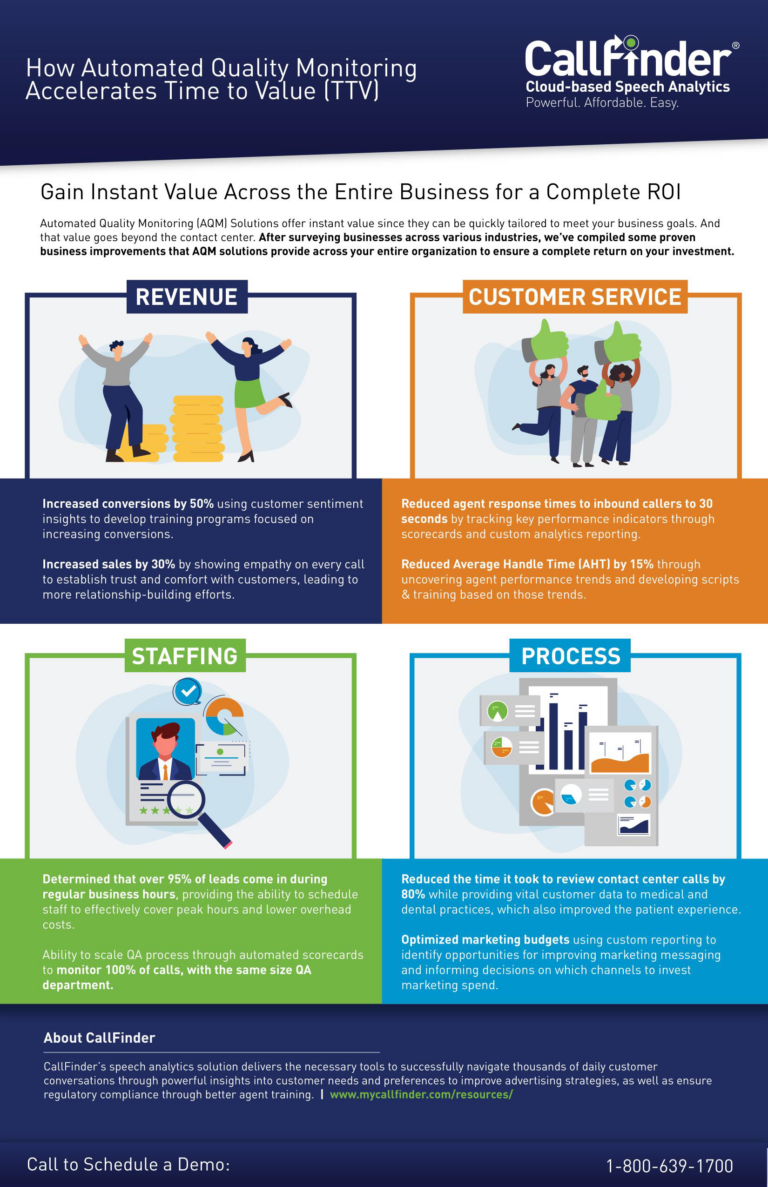When it comes to call centers, most people call in to complain, not compliment. Yet while most problems can be easily fixed and customer satisfaction readily attained, an agent must occasionally deal with one of the greatest call center challenges: the dreaded “Angry Customer.” This is the customer who is ready to vent their rage at someone, and a call center agent is usually the one who gets the brunt of it. This can be a source of real anxiety for unsuspecting –or unprepared – agents. Here are some tips on how an agent can best assist those customers with an axe to grind, and keep their own head off the chopping block.
Listen More, Speak Less
When a customer starts going on a long tirade, the best thing an agent can do is just listen without interrupting. This can help an agent better understand the problem and determine the best steps to be taken. It may be tempting to cut a customer off, especially if an agent thinks they already know the solution to the problem, but this is one of the WORST things to do. If interrupted mid-rant, an angry customer may feel that they are not really being listened to, causing them to become even more disgruntled. Also, the problem may not always be what an agent anticipates, so it is best to get the full story before jumping to conclusions. Finally, a ranting customer is often just looking for an opportunity to vent. Once allowed to get all their grievances out in the open, they often become calmer and more receptive to questions and suggestions.
Apologize and Take Control
Once complaints have been listened to in full, the very first thing an agent should do is apologize, acknowledging any emotional distress. Instead of using language like, “I’m sorry you feel that way”, which can come across as patronizing and insincere, an agent might say, “I am so sorry this happened, Ms. Jones. I can certainly see why you would be upset.” This allows them to come across as empathetic and understanding of the issue. Also, an agent should not deflect blame. Even if the mistake was made by another department (or perhaps the mistake had nothing to do with the company at all, but was caused by an external source such as a delivery service), an agent should own the problem and let the customer know they will handle it. This allows the agent to come across as being in control of the situation, focusing on what they can do for the customer, and helping the customer feel reassured and secure.
Don’t Take It Personally
Maintaining a positive attitude with an angry customer is one of the most challenging parts of working in a call center, but also one of the most important. This can be especially difficult if the customer remains confrontational no matter what an agent says or asks. It’s easier at the start of a call to think, “OK, they’re upset. I understand. I’ll just let them vent.” However, if the call goes on and the customer maintains the same belligerent attitude, an agent may begin thinking, “I’m trying to help! Will you stop biting my head off?!” And they find their own emotions (and volume) escalating along with the customer’s, suddenly going from Bruce Banner to The Hulk. But while irritation in such circumstances is understandable, it is vital an agent remains able to help the customer. In order to do this, they themselves must stay calm and remember that it’s not personal. True, it can certainly feel personal when they’re being yelled at for something they didn’t even do, but a customer’s anger ultimately has nothing to do with an agent. It has to do with their son’s birthday present not arriving on time even though they ordered it well in advance, or it has to do with their having to deal with automated menus and multiple transfers, causing them to feel irritated by the time they actually speak with an agent, wondering if anyone is actually going to help them. This is why it is so important for an agent to remain calm, focusing not on the customer’s emotions (though, as stated earlier, they should be acknowledged), but on the problem at hand. If the customer seems to be getting more and more worked up, an agent should take deep breaths and focus on what the customer needs. If the customer continually talks over or yells at an agent, the agent should speak in measured tones, forcing the customer to have to lower their own voice in order to hear what is being said or asked so that the problem can be fixed, which is really what matters to the customer.
Use Call Center Monitoring Tools to Empower Agents
You can choose to set your call center agents up for success and avoid the “Angry Customer”. If you want to keep employee churn to a minimum and workforce satisfaction at a maximum, then choosing to monitor your business’ calls between agents and customers is the best solution. Recorded conversations that are mined for specific keywords and phrases will help you and your agents use real customer call scenarios as solid training tools, and help you develop “Angry Customer” call handling procedures so that you can preempt a customer cancellation, for example, and have agent practices in place to quickly turn unhappy customers into satisfied one.
Angry customers are a fact of life of a call center, but how an agent reacts can determine whether or not those customers will take their business elsewhere. Remember-while they may be frustrating, angry customers are just people who are looking for help and understanding. These tips can help an agent maintain control over the situation and end the call with a solved problem and, most importantly, a happy customer.






